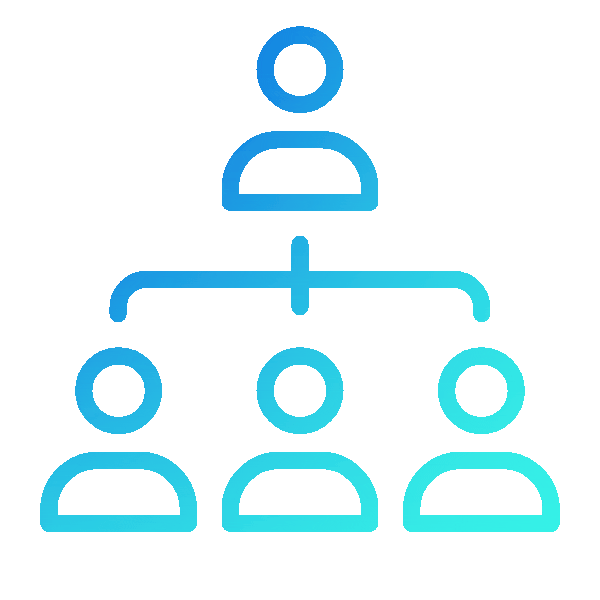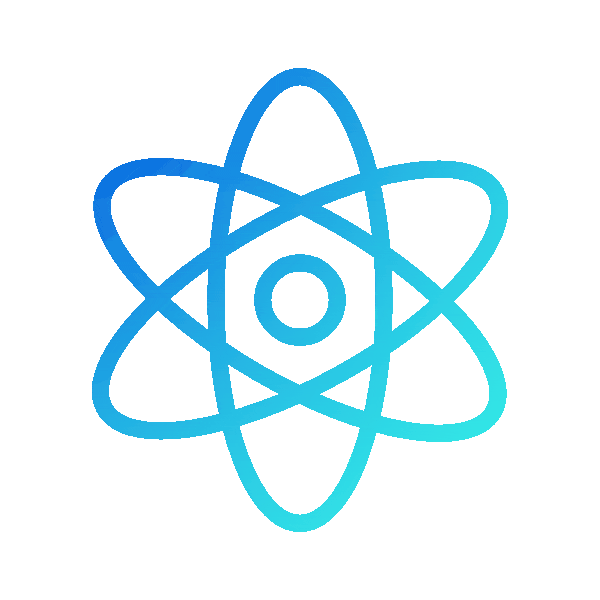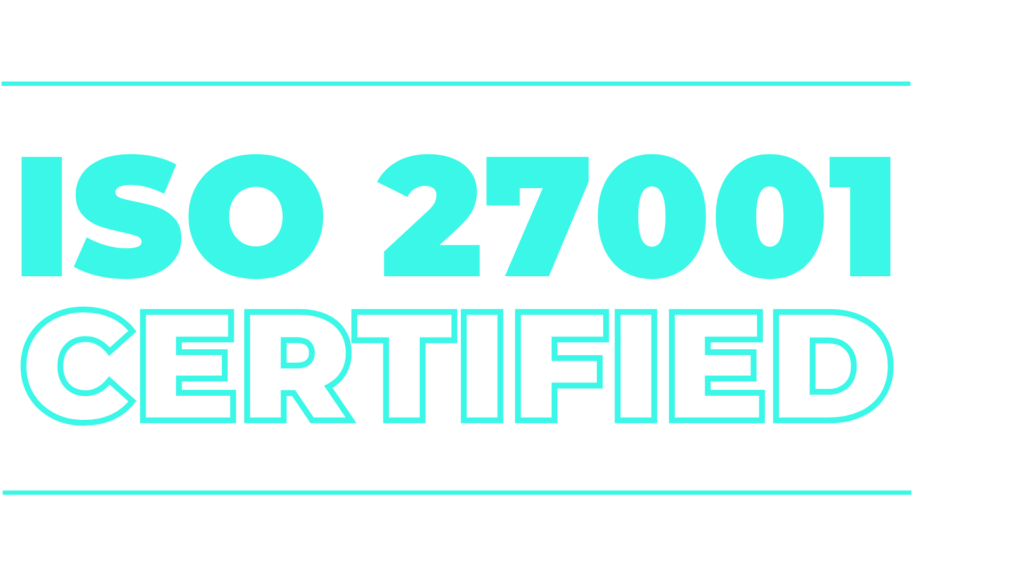Whether it’s the people they work with, the company they work for, daily tasks or work-life balance, Software QA consultants and testers are generally satisfied with their lot.
So why move? If there’s one thing that makes a great QA, it’s curiosity. Maybe you’d like to develop your tech career in another country, maybe you’d like more responsibility or perhaps you just fancy a change.
Your familiarity with the software development process and widely used tools, techniques and popular languages will land you an interview. To help you stand out with IT hiring managers, here’s our top five list of some less obvious qualities that make a really good QA engineer.
Creativity
A good QA can readily identify requirements and scope out relevant negative/positive scenarios at every stage of the process. It’s your ability to envision the unanticipated curveballs that make you a great QA. Your creative approach to devising the niche-but-possible scenarios capable of undermining even the best developed systems will set you apart from the herd. Test outside the boundaries, help create better products.
Diplomacy
As software consultant Dave Whalen puts it, the QA’s job is to tell developers and product managers their baby is ugly. Getting there early in the process is important, but so is the way you deliver the news: tread softly. As Whalen advises, building a good rapport with development teams is vital.
The QA’s job is to tell developers and product managers their baby is ugly.
Help them to understand how your role ultimately makes them look good. And never send a public ugly baby notice – as Whalen says, he bug tracker is not the place to deliver bad news. Communicate in person and build better relationships as well as better products.
Clarity
Finding fault is all well and good; delivering clear, actionable insight takes skill. Good QAs recognise the importance of detailed, specific information into the precise nature of a flaw, including details on how it can be reproduced. More really is more here – rather over deliver than leave senior QAs or developers continually coming back with questions. Never assume that developers or product managers will be familiar with the terms and phrases you use to describe issues – spell it out, be clear or have a frustrating work life.
Objectivity
QAs have input into the entire software development process. Verifying software is just one aspect of the role – but most end users aren’t interested in code, they’re interested in what any application can do for them. Your ability to offer objective insight into the validity of any features/changes/application is just as important as your ability to verify code.
Of course, picking usability holes the week before a product launches is more likely to result in arguments than any changes being implemented, so validation should take place early in the development process. Equally, your objectivity means being able to let go of minor imperfections or features you don’t personally like if they don’t have a significant negative impact. Be able to verify and validate and you’ll bring real value to your team.
Ability
Tools will come and go; sophisticated automated QA testing procedures for highly complex software mean career-minded QAs should have command of popular developer languages like Java and C#. Your ability to write automation scripts using Perl, Python, Ruby or similar will also set you on the path to QA promotion.
Software Quality Assurance engineers don’t always get the recognition they deserve, but increasing awareness of what happens when you ship bad software mean most tech companies are placing increasing value on QAs. Another reason to keep smiling.




